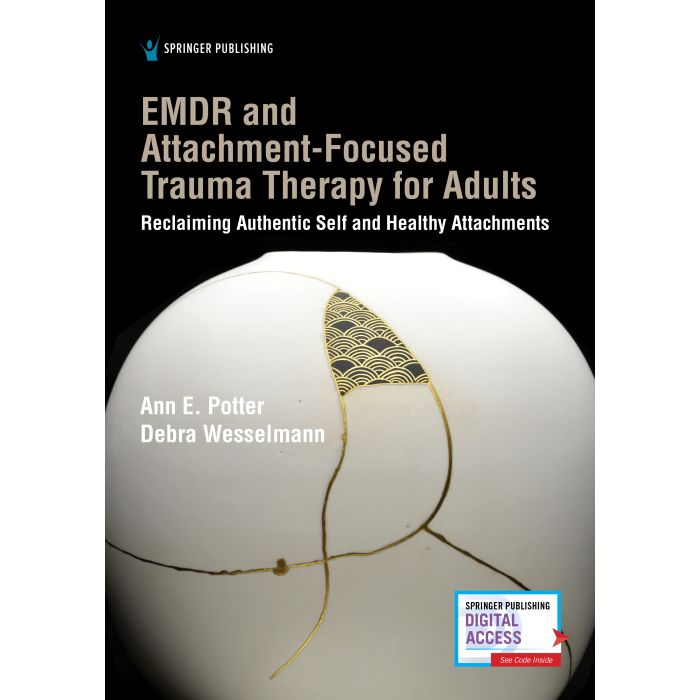Usefulness of a trauma-focused treatment approach for travel phobia
Non-randomized study to evaluate the usefulness of a trauma-focused treatment approach for travel phobia or anxiety arising from an accident.
Article Abstract
“Despite its prevalence and potential impact on functioning, there are surprisingly little data regarding the treatment responsiveness of travel phobia. The purpose of this non-randomized study was to evaluate the usefulness of a trauma-focused treatment approach for travel phobia, or milder travel anxiety arising as a result of a road traffic accident. Trauma-focused Cognitive Behavioural Therapy (TF-CBT), and Eye Movement Desensitization and Reprocessing were used to treat a sample of 184 patients, who were referred to a psychological rehabilitation provider. Patients in both treatment groups were encouraged to encounter their feared objects and situations between sessions. Specific (i.e., travel) phobia was diagnosed in 57% of cases. Patients in both treatment conditions showed equally large, and clinically significant, decreases in symptoms as indexed by three validated measures (Impact of Event Scale, Hospital Anxiety and Depression Scale, and General Health Questionnaire), therapist ratings of treatment outcome, and a return to driving or travelling by car or motorbike. These improvements were obtained within an average course of 7.3 sessions of 1 hour each. Patients with travel phobia responded with a greater reduction of anxiety and post-traumatic stress disorder symptoms than those with milder travel anxiety. Passengers reported higher levels of trauma symptoms than drivers, but no difference in effectiveness of treatment was found between these groups. The results suggest that trauma-focused psychological interventions can be a treatment alternative for patients with travel anxiety. Given the seriousness of the clinical problems related to road traffic accidents more rigorous outcome research is warranted and needed.
Key Practitioner Message:
• As the literature on the treatment of travel phobia is largely limited to small-n studies, this is the largest naturalistic outcome study of the treatment of patients with fear and avoidance of travel, subsequent to a traumatic event, to date.
• Travel phobia following road traffic accidents should be regarded as a treatable psychological condition requiring a limited number of sessions. In a significant minority of cases the condition is unlikely to remit spontaneously, potentially disrupting occupational, social and personal adjustment.
• Besides a purely exposure, in vivo-based approach, a mainly trauma-focused approach, such as imagery exposure or Eye Movement Desensitization and Reprocessing, can be an effective intervention for both travel phobia and milder forms of travel anxiety, and for both drivers and passengers.”
—Description from publisher
Article Access
Purchase/Subscription Required
de Jongh, A., Holmshaw, M., Carswell, W., & van Wijk, A. (2011). Usefulness of a trauma-focused treatment approach for travel phobia. Clinical Psychology and Psychotherapy, 18(2), 124-137. https://doi.org/10.1002/cpp.680
Date
April 4, 2011
Creator(s)
Ad de Jongh, Manda Holmshaw, Wilson Carswell
Contributor(s)
Arjen van Wijk
Topics
Anxiety/Panic/Phobias
Extent
14 pages
Publisher
Wiley
Rights
Copyright © 2010 John Wiley & Sons, Ltd.
APA Citation
de Jongh, A., Holmshaw, M., Carswell, W., & van Wijk, A. (2011). Usefulness of a trauma-focused treatment approach for travel phobia. Clinical Psychology and Psychotherapy, 18(2), 124-137. https://doi.org/10.1002/cpp.680
Audience
EMDR Therapists, Other Mental Health Professionals
Language
English
Content Type
Article, Peer-Reviewed
Access Type
External Resource





